Marta joined Télécoms Sans Frontières to be able to use her technical skills to help others. Among other missions, she deployed to Brazil to provide connectivity for Venezuelan refugees, and deployed in Turkey after the earthquake in 2023 as a Head of Mission. She is part of the technical department of TSF, and, more recently, she’s started to manage the most recent TSF program: the Digital Inclusion program.
She shared the intricacies of her job, her every day missions, but also the questions that come with managing the Digital Inclusion program: what are the difficulties women and girls face when accessing technology? How can we include them more in ICTs? On the occasion of Women’s Rights Day, we focused part of our discussion on these issues.
Call to Comms: Hi Marta, can you introduce yourself and your role at TSF?
Marta: Hi, my name is Marta and I work in the IT, technical department in TSF. But I also got a role as a program manager for the Digital Inclusion program.
Call to Comms: You mentioned the Digital Inclusion program – can you tell me more about it?
Marta: So the Digital Inclusion program is a new program within TSF. Its main objective is to facilitate access to Internet and online resources to the most vulnerable populations, but also try to reduce the psychological and physical risks that could imply the usage of technologies and online services. What it tries to do is to start understanding the specific context that we’re going to find in this situation. From there, we will try to understand the needs, the challenges and the risks of every group of the population in order to respond better. So that could imply providing devices because they don’t have access to them, they don’t have money [so] they cannot afford them, or it can also imply to provide some type of awareness of risks of using technology and online resources, or maybe try to fill the gap regarding digital literacy. So there are many activities related to it, but it’s mainly to provide a safer access to these online resources that will help them to communicate, find information and also try to empower themselves to find jobs.
[Women and girls] have many disadvantages regarding access to technology.
Call to Comms: Are there situations where women and girls are affected differently by humanitarian crises? And if so, does the Digital Inclusion program you talked about take this into account?
Marta: Yeah, that’s something that is relevant for this program because women and girls, they are one of the most vulnerable groups of people. Women normally face more challenges related to gender disparities than men when accessing technology. As consequence, they have less opportunities to communicate, to be informed and to be empowered and independent. Therefore, they will feel more isolated, vulnerable and with lower self-esteem.
Call to Comms: Are there ways to include girls and women in ICTs?
Marta: Yes. The most important is to start understanding their needs – why they don’t have access to technology, why they don’t have access to communication, online resources and so on. From there, try to provide a response that is adequate for their specific situation. So, sometimes, they don’t have the money, they cannot afford a new device, so it’s the husband or the father of the family that has access to it. Sometimes due to cultural rules in their community, they are not allowed or don’t have the competence to use them. So for those reasons it’s very important to understand why this is happening, why they cannot access, why the access for them is riskier than for men, and work from there to provide this security and this possibility for them to access what they need.
Call to Comms: Are online spaces safe for women and girls?
Marta: Actually, that could represent more risks for them. Again, that would depend on the context. Women in general are more vulnerable than men, so when we are talking about risks online, they are even more vulnerable. So we can talk about fake news, social networks, or even not having access to information, which is something that for them is essential to be more independent and be empowered, to make their own decisions and not be dependent on someone. So that’s why it’s really important to focus on them, to be able to help them in a better way.
Call to Comms: So you are the program manager of the digital inclusion program, but it’s not the only thing you do. What are your main missions at TSF?
Marta: So apart from this program, I mainly work on technical aspects here at TSF. So that would imply different things, actually. Working on the infrastructure here, preparing the equipment to go on missions, even be deployed in a mission as a technical member, also work on and develop the solutions that we will bring later on the missions or in the projects. And also, sometimes we have to monitor the existing projects. We are a team, it’s not only me – all these tasks are shared among a team, but we have to be sure that there is someone monitoring and ensuring that the services are running. So that’s also part of our job.
Call to Comms: What is the biggest challenge that you face in your job?
Marta: I would say one of the challenges but also something that is very interesting in our job, again is to understand the context of every situation, in every country and every region we want to work. It’s very important to understand the needs and not arrive there and impose what we think is important for us. That also requires a lot of work and a lot of effort to understand local customs, local risks that can be identified by the local people so we need a special local presence to understand that and also to be able to respond to the population in the way they need, not the way we think they need. So that can be a challenge but I think that’s also a very important part of the work we do.
Call to Comms: What do you love most about your job, what motivates you?
Marta: So I think on one hand is to be able to use my technical skills to help others, I think that would be the main satisfaction, main objective for me. But also, as I was mentioning, providing and adapting solutions, or maybe creating new solutions to adapt specific needs, I think that’s also very important for me. Because it’s understanding what they need, working with that goal. So the focus is actually the people that we’re trying to help. So we put the focus there, and then we try to adapt what we are doing to what we identify is important. So I would say that it’s a very important thing for me.
Providing and adapting solutions, or creating new solutions to adapt specific needs, that’s also very important for me.


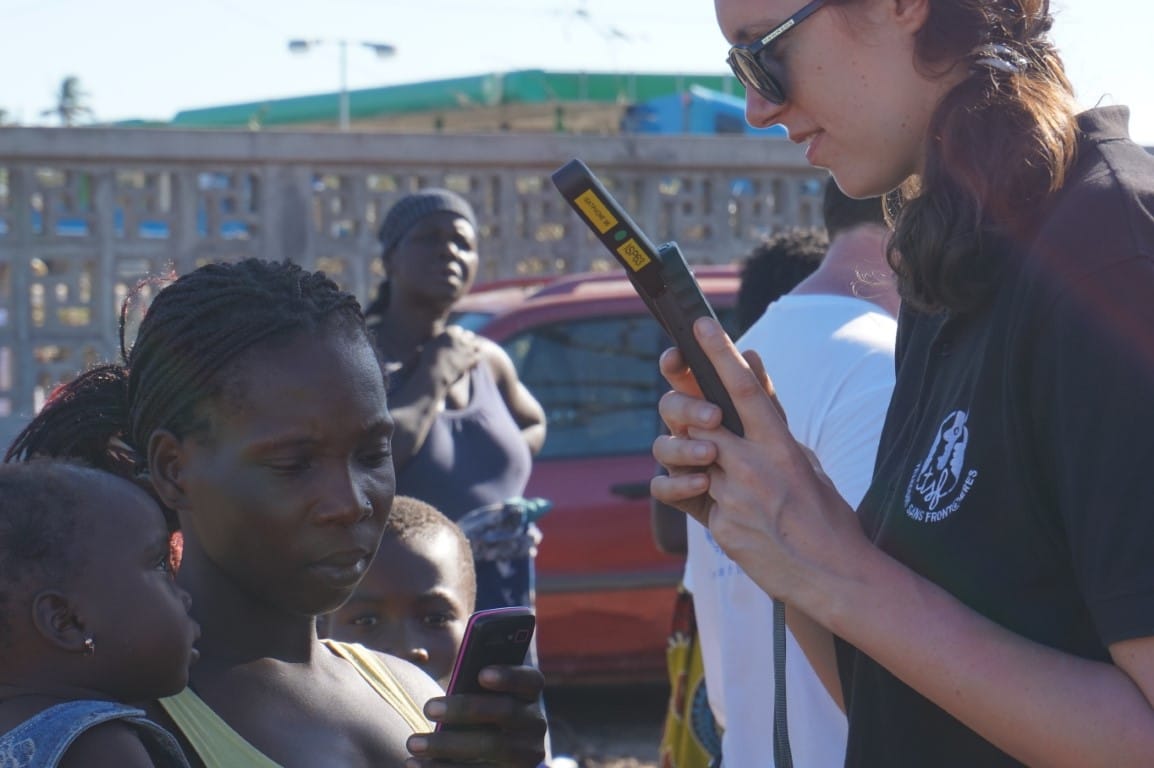



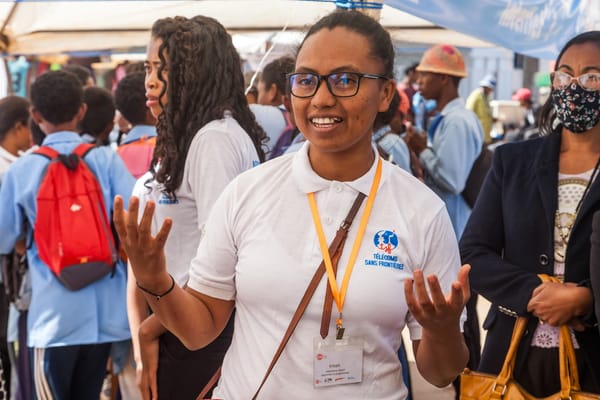
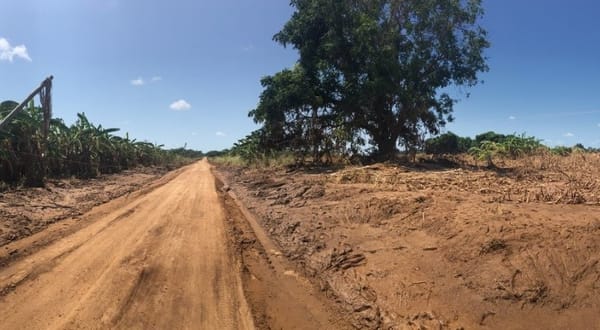
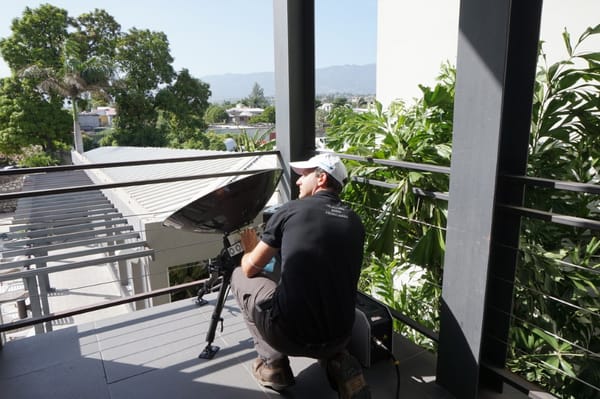
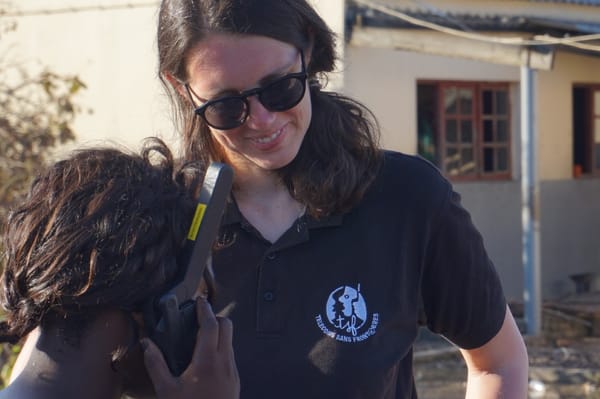
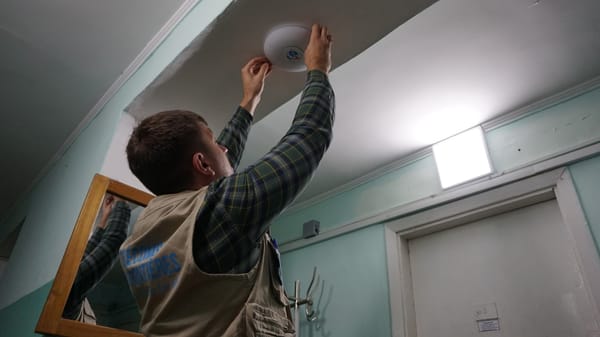
Member discussion